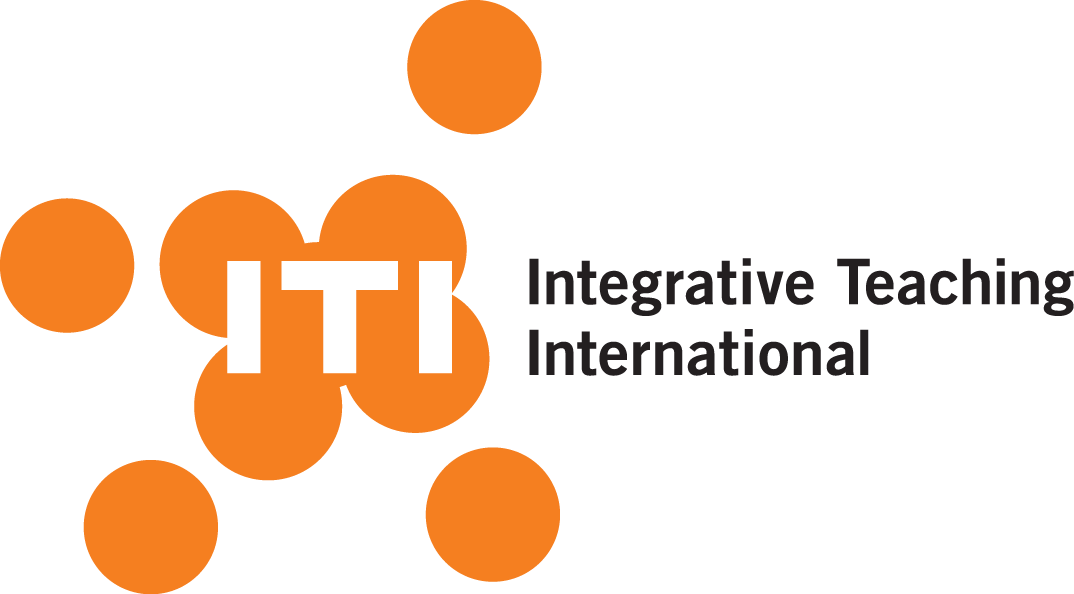ThinkTank10:
University of Delaware
June 13 – 16, 2018
ThinkTank is a biennial event that includes facilitated discussions and intensive workshop forums that are designed to improve teaching at the college level. We bring together emerging educators, master educators, and administrators from around the country to expand the theory and improve the practice of teaching art in the 21st century. ITI also provides an Emerging Educator Fellowship, however that awards cycle has closed for the upcoming TT10.
All participants in ThinkTank10 must complete the online application to be eligible for the event.
The registration fee for TT10 will be $350. This fee will cover all event costs and some meals, participants will need to arrange for transportation and lodging.
REGISTER FOR TT10 HERE!
The application review cycle for TT10 is now closed. We look forward to a wonderful event! All accepted ThinkTank10 participants please register for your breakout topic and submit the registration fee. Please also be encouraged to review the travel and hotel information links.
Think Tank 10: Compass Points: Navigating the Landscapes of Art, Design, Mind and Body
Break-Out Session Topics
1. From Here to There: the role of place in art and design education
Regional culture and politics influences one’s sense of place. Whether it be state appropriations, regional grants, campus budgets, master plans, or an individual student’s sense of self, where and how does the concept of place and the act of placemaking define, drive, and expand creative thought or action? Conversely, how might it inhibit, curb or limit the same? How does sense of place affect the delivery of art and design education? Some students dream of ‘getting out of the valley,’ while others are certain their locale is the best in every way. Art educators attempt to broaden horizons while valuing student’s experiences. How do they bridge the chasm between the global ‘art-world,’ with its international biennale extravaganzas, with the recent upsurge in community-engaged art practices?
2. Artist / Activist: navigating roles in art and design
What role does/should activism play on college and university campuses today? According to Angus Johnston, professor of history at the City University of New York, quoted in USA Today College in March 2017, “All of the evidence suggests that we’re seeing a lot more activism and organizing protests on campuses, especially in the last 10 years” including traditionally activist campuses, but also there has been a rise in “protests on campuses where there haven’t been in a very long time.” Considering the current political climate, it would seem that activism—from all directions and on multiple issues—will only increase. What roles should/shouldn’t—faculty play in these arenas? How do such rules shift from public to private institutions? Is there a space for neutrality? Is silence or complicity an obligation to preserve academic freedom? Throughout history art and design has played a role in both urging change and in shoring up the status quo - how should our teaching address the political power of creative voices?
3. Thinking with our Hands: teaching craft and technique in contemporary art
As Kathleen Morris, an instructor at the Ontario College of Art and Design, in her 2012 paper, “The Stigma of Fabrication: Craft Education in the 21st Century,” wrote “The slow death of modernism has diverted some tired attention away from the art-craft binary, while the ubiquity of technology in all aspects of our lives seems to have carved out a meaningful new spot for the hand.” Students entering college are often not as experienced in making as previous generations; how do we overcome the boundaries of the “digital divide?” How have inkjets and digital platforms impacted analogue printmaking and photography? As makerspaces proliferate and tech-aided production tools such as CAD and CNC cutters and 3D printers become commonplace, how are attitudes towards craftsmanship changing? Attention to detail and exacting technique are as important in the use of digital tools as they are in manual ones. We have more powerful and more complex tools at our disposal but craftsmanship is as much a state of mind as it is facility with one’s hands.
4. Entrepreneurial Endeavors: aesthetics & ethics
Students, parents and employers are interested in employability and applicable skills. Building a resume while in college is becoming more and more important. Cost of education is rising, vocational training and experience may be a new marketing tool for programs. From programs being asked to play a larger and larger role in generating revenue to Design Shark Tanks, etc., how has the rise of entrepreneurialism impacted the art & design classroom? Is putting commercial emphasis on programs and students unfair pressure or necessary preparation for the real world? What are the potentials and challenges for building financially sustainable, professionally relevant experiential learning into arts education. How do we prepare our students for the ‘gig economy,’ the rise of the independent contractor, and other evolving aspects of the employment marketplace? From apprenticeships to internships, from service to experiential learning, from instructor to student to business partner, what is the pay off?

